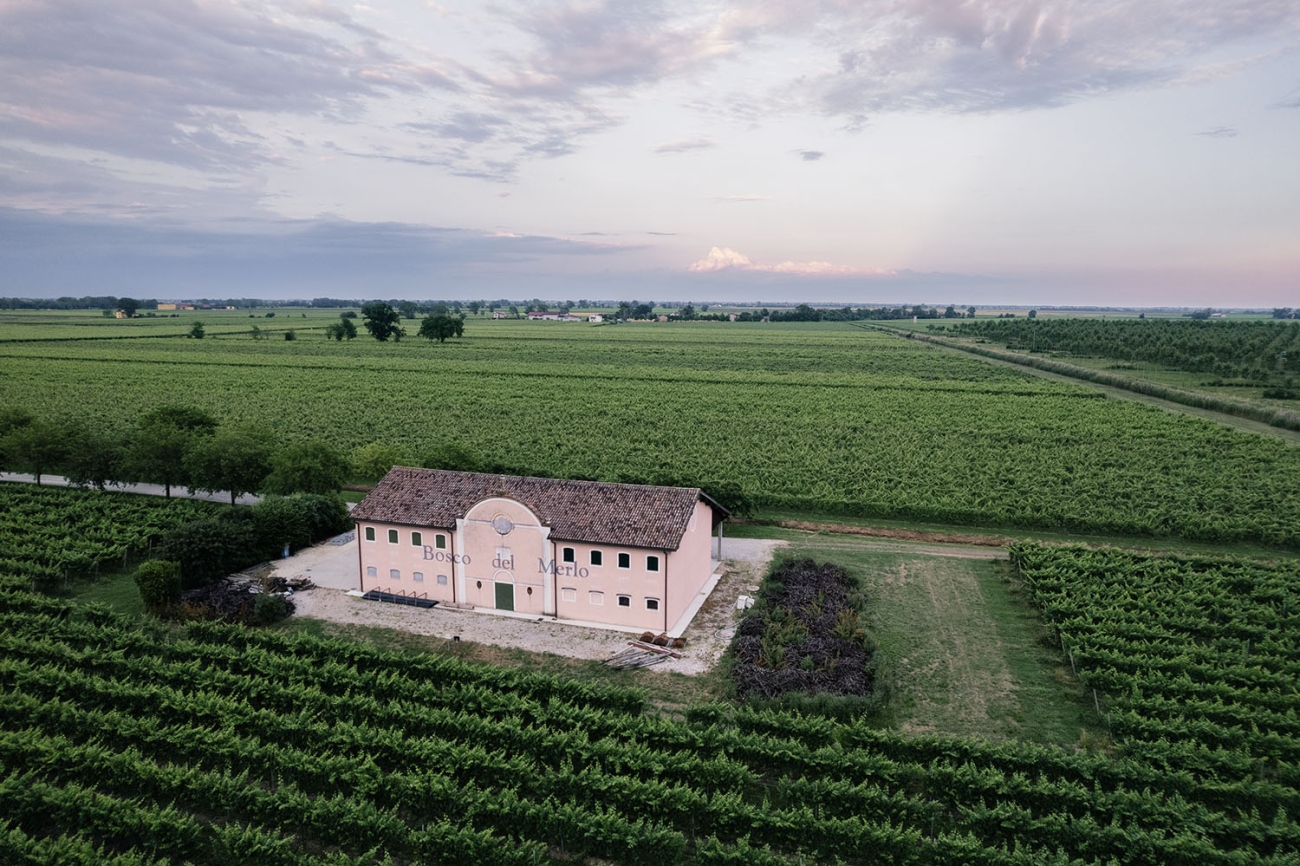
In the heart of the Italian Veneto region, where rolling hills are covered by emerald vineyards, lies a unique research station. Nestled within the Bosco del Merlo, a 33-hectare estate dedicated to Sauvignon Blanc and Glera grapes, the ICOS Lison station is quietly revolutionising our understanding of agriculture's role in climate change.
"We're not just growing grapes here," explains Lucia Paladin, owner of Bosco del Merlo. "We're contributing to a global effort to understand climate change." Her vineyard produces the world-renowned Prosecco, but also serves as a living laboratory.
Dr. Franco Meggio, the Lison Station Manager and Associate Professor at the University of Padua, unveils the science behind the scenes. "By constantly measuring CO2, water vapor exchange and wind speed, we're tracking the vineyard's carbon footprint in real-time using the eddy covariance technique. During the season, we collect samples that we analyze in the lab to quantify the carbon, carbohydrate and even chlorophyll content," he explains.
The data from the station is showing how extreme weather events, such as heatwaves and droughts, impact the plants and the soil.